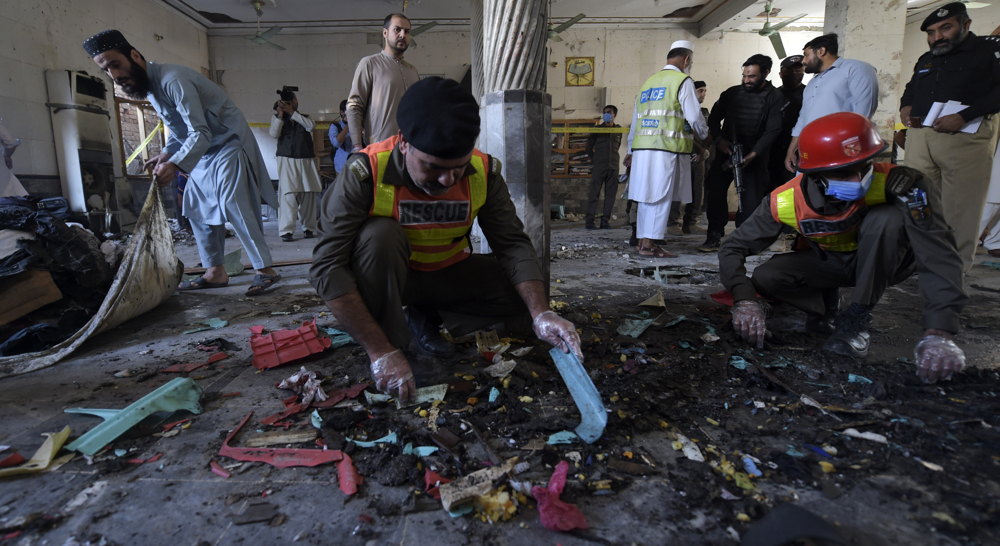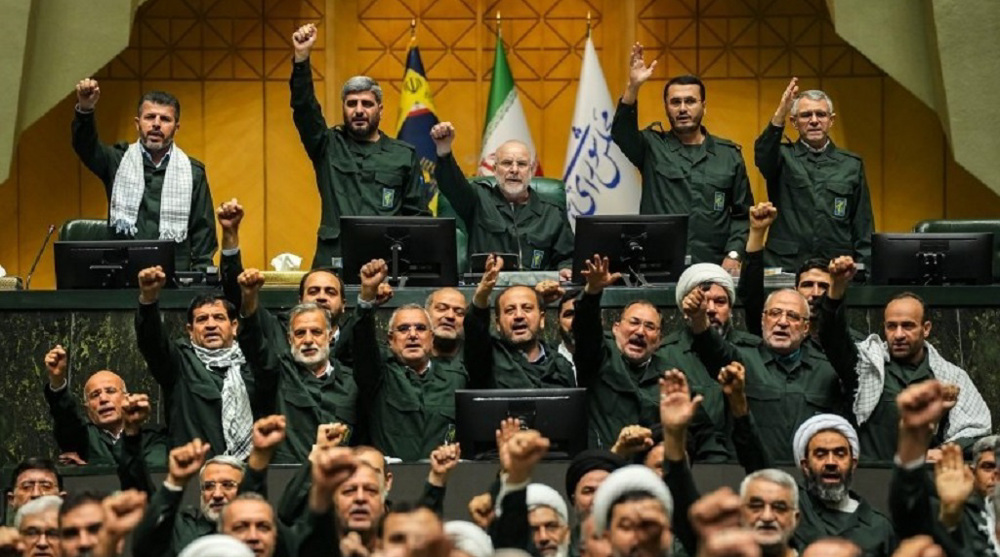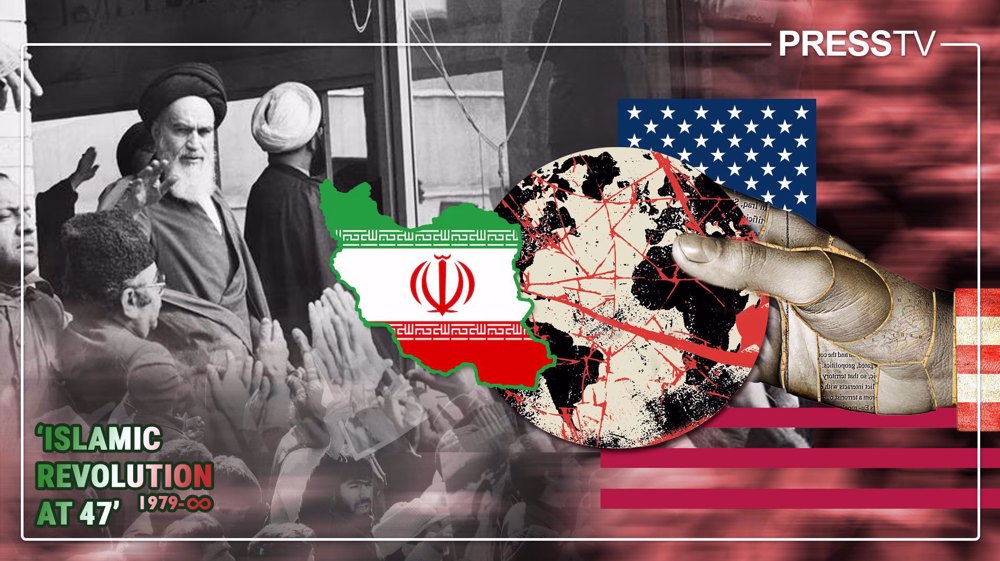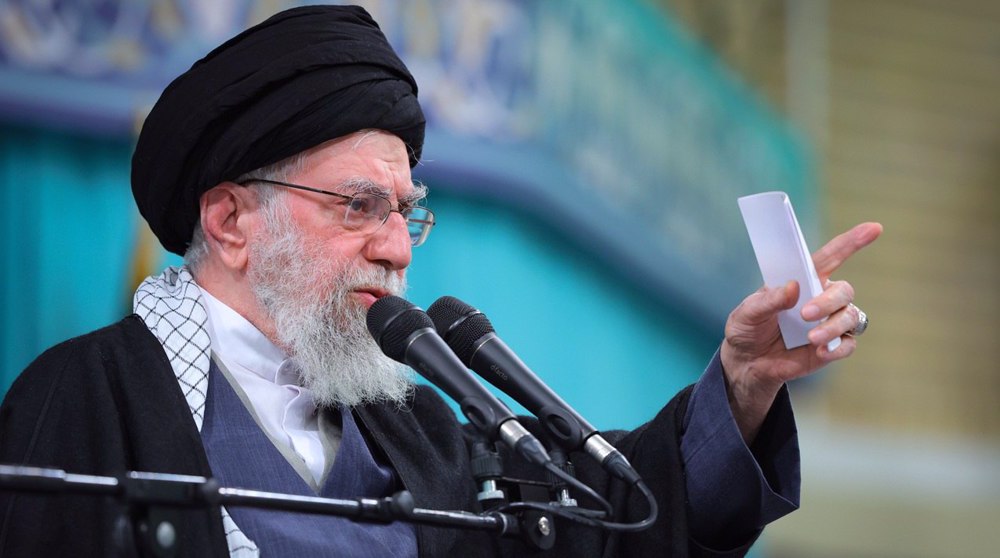Iran slams fatal blast in Pakistan, urges collective fight against terror in region
Iran’s Foreign Ministry has censured a deadly attack on a religious school in Pakistan’s northwestern city of Peshawar, saying the fight against acts of terror in the region requires vigilance and collective cooperation among all regional countries.
Saeed Khatibzadeh, the ministry’s spokesman, said on Tuesday that systematic acts of terror in some neighboring countries in recent weeks are part of sinister plots to escalate ethnic and religious discord in the region.
He added that the killing of innocent people, including defenseless children, showed that the perpetrators are not bound by any moral and human principles.
At least seven people were killed and over 80 wounded, including children, after an explosion targeted a Holy Qur’an study class at a religious school in Peshawar on Tuesday.
No group has yet claimed responsibility for the attack. But the Pakistani Taliban have formerly staged assaults in the area.
Peshawar is the provincial capital of Pakistan’s Khyber Pakhtunkhwa Province bordering Afghanistan. The province has been the scene of attacks by pro-Taliban militants in recent years.
Meanwhile, Iran’s Ambassador to Pakistan Mohammad Ali Hosseini also condemned the bloody attack in Peshawar and said the killing of children learning the Holy Qur’an “shows violent face of terrorism against Islam.”
“It is the duty of every awakened conscience to condemn this violence. #Muslims are oppressed victims of terrorism in world,” the Iranian diplomat wrote in a post to his Twitter.
The #terrorist crime of martyring children learning Quran at a madresah in PٍEW shows violent face of #terrorism against ISLM
— Seyed Mohammad Ali Hosseini (@HossainiSma) October 27, 2020
It is the duty of every awakened conscience to condemn this violence.#Muslims are oppressed victims of terrorism in world.#Peshawar #Peshawarblast pic.twitter.com/DpjfIEKZWC
Pakistan has been battling the scourge of militancy for years. Even though there has been a relative decline in deadly attacks in the country, extremist groups launch sporadic attacks that target both security forces and civilians.
Since 2014, the army has been targeting militant hideouts especially in northern and northwestern regions that are a hotbed of radicalism.
VIDEO | Press TV's news headlines
VIDEO | Trump says navy near Iran because they ‘have to float someplace’
Trump tells India to buy Venezuelan oil instead of Iranian crude
UAE 'spy sheikh' invested in Trump-linked firm before his inauguration: Report
From Iraq war crimes to Gaza’s ‘board of peace’: Why Tony Blair belongs in The Hague
Iran considers European armies as terrorist groups: Parliament speaker
VIDEO | Arrests at Palestine demonstration in Frankfurt
Trump ‘disappeared’ 12-year-old girl, threatened to disappear another: Report











 This makes it easy to access the Press TV website
This makes it easy to access the Press TV website